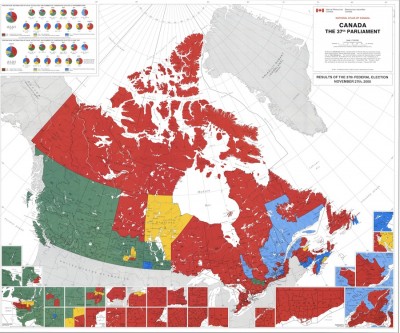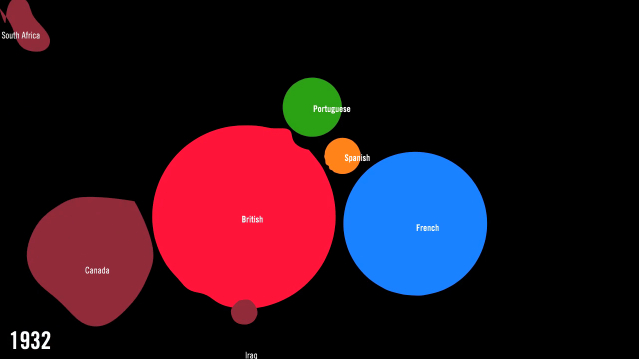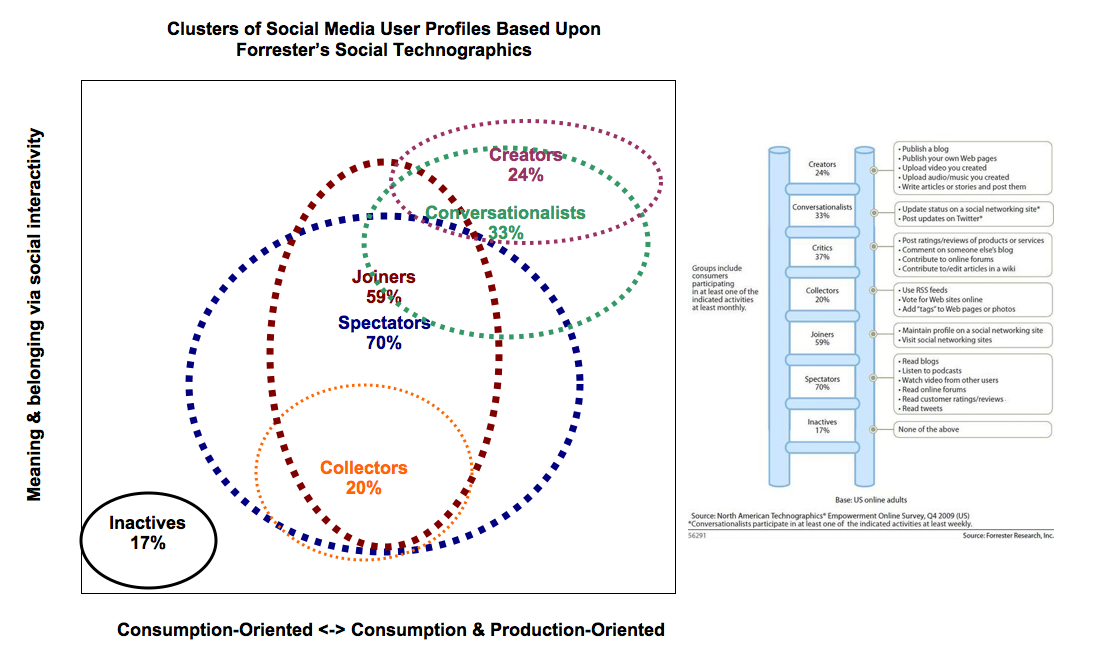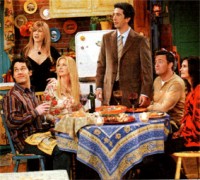
Notes from North of 49ºN
Charles McGrath in the NY Times wrote a curious and annoying piece on Canada’s quest for gold in the upcoming Winter Olympics in Vancouver {HT: LinnyQat}. I thought his characterization of Canada to be a collection of what I call “university-educated” stereotypes complete with quotes of Canadians, such as Margaret Atwood, that make the country sound like a nation of self-loating and self-deprecating sots. It’s articles like this that remind me that the New York Times often is a purveyor of moderately well-written naval gazing with all the right references to make it seem legit.
I’ve written blogs on Canada’s postcolonial experience, as well as how a trajectory of regionalism may be at play. Reading McGrath made me think about my own blogs. He thinks he’s stumbled on a new Canadian consciousness that cares about Olympic medals that’s out of place in the zeitgeist of the nation::
“They want to rewire the national mind-set and come away with not just a couple of golds but the most medals over all. They have dedicated roughly $118 million to enhancing the performance of Canadian athletes, and have financed something called the Top Secret project, in which teams of scientists have been studying the various winter sports in hope of gaining a technological edge.
The organization in charge of improving Canada’s medal performance has the un-Canadian-sounding name Own the Podium, and its chief executive, Roger Jackson, said: “We’ve never been pressured before to perform to a stated goal. Thirty medals or more is what we’re hoping for this time. I think we can get those.”
Talk like this, so nakedly ambitious, makes some Canadians uneasy. Theirs is a vast country that in many ways is run like a small town, with small-town values, and it has a highly developed culture of modesty, if not a collective inferiority complex. The athletic record in general is a little underwhelming, and some Canadians think that is because their countrymen prefer that, considering a good effort just as valuable as a trunkload of trophies, maybe better.”
McGrath is sounding like an American version of Andrew Cohen in The Unfinished Canadian. While I’ve argued that Canadian identity may be “fuzzy,” that has more to do with its sheer size, distinct regions, and relatively small population. Never underestimate the power of sports to galvanize a sense of identity, as evident in the recent film Invictus::
What McGrath fails to parse is the effects of capitalism and of culture. Hockey galvanizes Canada, solidifying an identity that may be fuzzy. It’s not that Canadians are OK with losing, as McGrath implies, it’s question of economics. It looks like Canada is willing to invest in its teams and I’ll bet a box of Timbits that if Canada wins medals, there won’t be a collective national sheepishness over the feat. Canadians don’t fear winning, it’s just that Canadian capitalism, to date, hasn’t fostered it. It looks like that’s changing.
The Canadian embracing of funding the medal count may not be without controversy. The Olympics have their detractors because of the astronomical costs involved. So, Canadians may like winning, there may not be a collective willingness to finance it at stratospheric levels.
Some may argue that if Canadians are so into hockey, why did they let the sport become Americanized and lose the Winnipeg Jets and Québec Nordiques in the process? It’s all about capitalism. I’ve blogged about the NHL on Rhizomicon and while the NHL has tried to expand heavily in the US to vie for the sports entertainment dollar, it’s the Canadian fans that are making the Canadian teams the top revenue generators.
Unfortunately, given scarcity of resources, the Canadian biatheletes are out in the cold, i.e., no corporate sponsorships. So, I’ll give them a shout out::

While Zina Kocher is a World Cup bronze medalist from the 2006-7 season, the funding just isn’t there for the biathlon.
Here’s a response to the NY Times pirce from the Toronto Star, which is pretty funny::
“We started talking about what we’re hoping for at the Olympics.
Ned said he hoped Canada would win so many fourths that they’d have to make a special new medal. Maybe a nickel medal. With a beaver on it. But not a cocky-looking beaver. Just a plain work-a-day beaver. We could hand them out after all the foreigners leave – so that no one feels left out.
I said I hoped we might sweep the fourths and fifths. And the odd sixth. But Ned shook his head at me, and I felt awful for a few minutes. And then ashamed of feeling awful.
But it was exciting to talk this way. Maybe the most exciting thing we’ve talked about since they (whimper) let Wayne drift away into that heaven-on-Earth they call California.”
Twitterversion:: NYTimes #fail confuses Canadian culture with capitalism re: Olympic medal push. Hilarious response in #Toronto Star. @Prof_K
Song:: The Besnard Lakes {Montréal, QC} -“Albatross”




